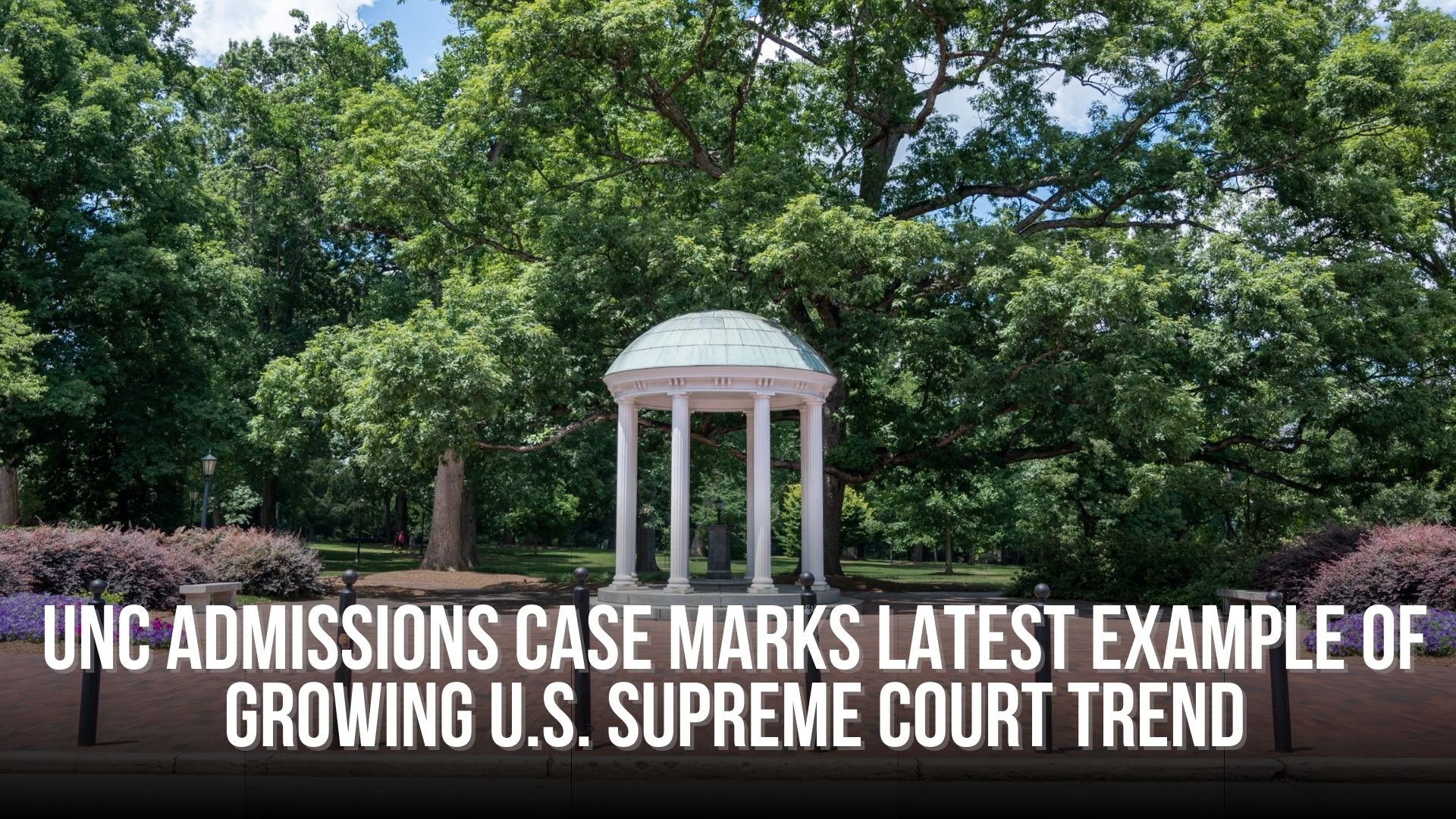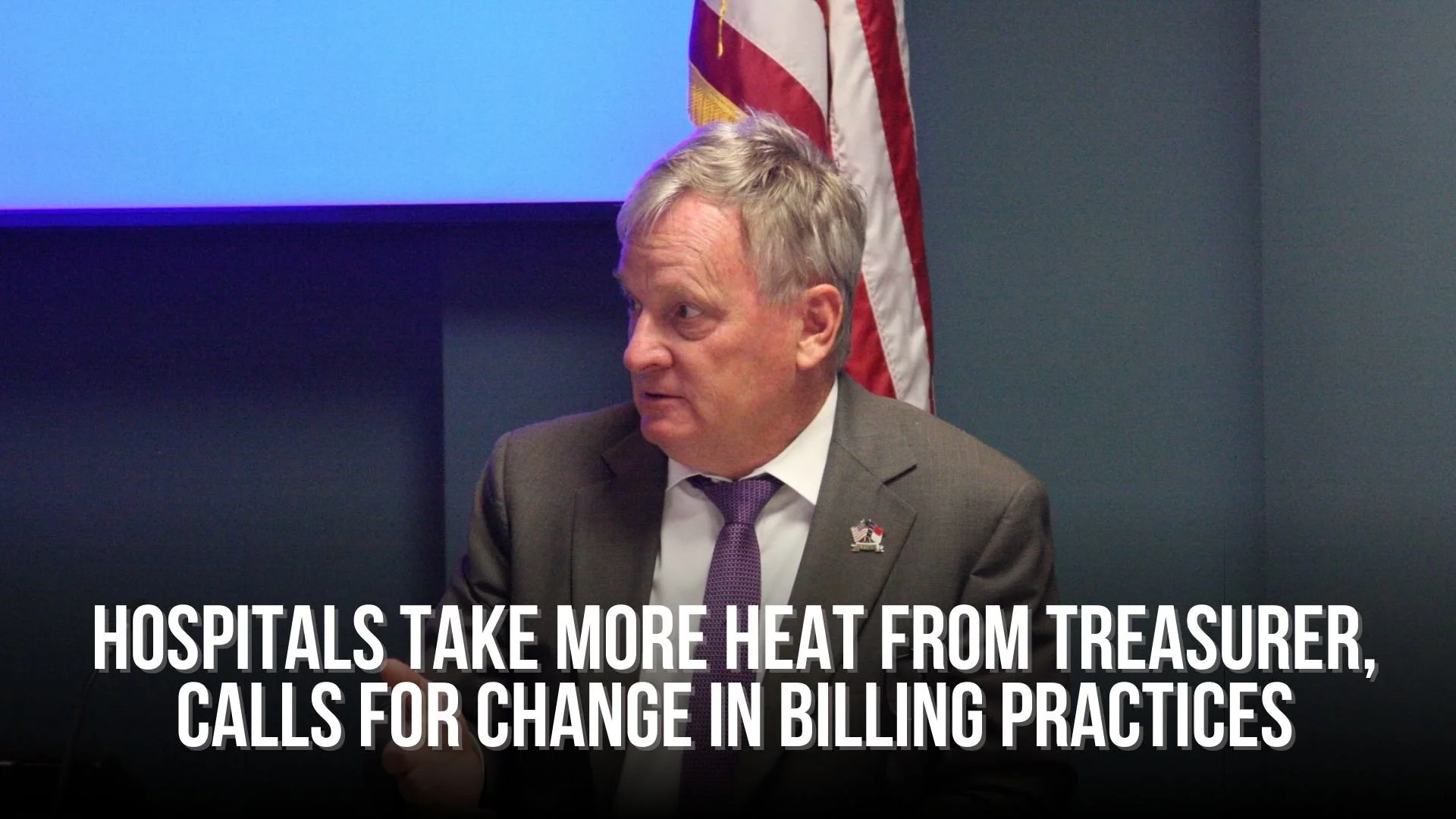UNC admissions case marks latest example of growing U.S. Supreme Court trend
Image attached of The Old Well at UNC Chapel Hill. Photo by Maya Regan, Carolina Journal
By Mitch Kokai, Carolina Journal
When the U.S. Supreme Court announced Monday that it would take up a case challenging UNC-Chapel Hill's admissions policy, the court made the rare decision to shorten the normal federal appeals process.
Legal observers note that the justices' decision to examine a trial court ruling, labeled "cert before judgment" in legal shorthand, has become increasingly common in the past three years.
"Monday’s grant was the 14th time the justices have granted cert before judgment since February 2019, after having gone more than 14 years without granting it once," wrote Steve Vladeck, law professor at the University of Texas, at SCOTUSblog.com. "Cert before judgment is on the rise, and it’s not at all clear why."
U.S. District Judge Loretta Biggs ruled last October in favor of UNC-Chapel Hill's admissions policy. Biggs rejected the argument that the university had used race in an unconstitutional way when making admissions decisions.
Under normal circumstances, the plaintiff, a group called Students for Fair Admissions, would have appealed that ruling to the 4th U.S. Circuit of Appeals. Whoever lost the case in that venue could have asked for a review from the nation's highest court.
But Students for Fair Admissions filed in November for the U.S. Supreme Court to grant a "writ of certiorari before judgment." That's the official name of "cert before judgment."
"Since Congress first conferred such authority as part of its far broader expansion of certiorari jurisdiction in the Judiciary Act of 1925, ... the Supreme Court has used its power to grant 'cert before judgment' sparingly," Vladeck wrote. "As the current version of the court’s Rule 11 emphasizes, cert before judgment will be granted 'only upon a showing that the case is of such imperative public importance as to justify deviation from normal appellate practice and to require immediate determination in this Court.'”
In past decades, "cert before judgment" had been used to deal with cases involving Nazi saboteurs, the federal government's wartime seizure of steel mills, Watergate, and the Iranian hostage crisis, Vladeck wrote. "In all of those cases, not only were the questions presented of the utmost importance, but time was of the essence, as well."
The practice became "all but moribund" in 1988. Between that year and August 2004, justices granted petitions for "cert before judgment" just three times, according to Vladeck. From August 2004 to February 2019, the court did not grant a single petition of that type.
Now, "whether viewed as a feature or a bug, it can no longer be denied that the current court’s unprecedented use of cert before judgment is a fact," Vladeck wrote.
The 4th Circuit, which handles appeals from federal cases in North Carolina, is one of just three circuits nationwide to generate multiple "cert before judgment" petitions since 2019, Vladeck reports. Justices might be displaying "unspoken hostility" toward certain circuits, he wrote.
Jon Guze, senior fellow in legal studies at the John Locke Foundation, notes another interesting trend spelled out in Vladeck's work about "cert before judgment" petitions.
"Fourteen of them occurred after Justices Neil Gorsuch and Brett Kavanaugh joined the court in 2017 and 2018, and eight occurred after Justice Amy Coney Barrett joined them on the bench in 2020," Guze said. "Some court watchers claim Trump appointees have made the court’s conservative wing more assertive and less deferential than it used to be. Maybe the expanded use of cert before judgment has something to do with that."



